While many African nations suffer the impacts of social, political, and economical instabilities, people become desperate for food and money. These calamities are fueling an unjust war against Africa’s periled wildlife through an increase in bushmeat poaching and illegal pet trade. Malawi is one of Africa’s poorest of nations, and thus these desperate actions are widespread across the nation. As a result of these illegal activities, many animals are left orphaned and/or injured, and close to death. Throughout Africa, wild animals, especially young ones, are often sold at roadside markets as pets. The average person with no experience in caring for a wild animal is not able to manage the “pet” for its entire life, especially after it reaches sexual maturity and naturally becomes more aggressive.
The victims of pet trade and bushmeat have very limited opportunities for survival and almost nowhere to go. Being thrust back into the wild can be fatal for these animals. Malawi’s Lilongwe Wildlife Centre was set up in 2007 to be the first ever People and Wildlife (PAW) project, an initiative launched by the Born Free Foundation. The main purpose of the Lilongwe Wildlife Centre is to provide a safe haven for rescued, confiscated, orphaned, and injured wildlife, where proper treatment and care can be administered in order to help the animal recover to a state where they can be returned to their natural habitat if possible. As part of the PAW initiative, the Centre adheres to a host of guidelines geared toward genuine conservation of wildlife. These guidelines include a “no breeding policy” so as to avoid a captive population that subtracts from the gene pool of the wild populations, no selling, exchanging, or commercially exploiting wildlife for financial gain, and to support and encourage statutory authorities to improve legislation and law enforcement to protect wildlife.
Other precautions are also adhered to involving interaction with visitors, such as a strict “non-contact” policy that prohibits visitors from touching any of the animals living at the Centre in any way, visitors are prohibited from feeding the animals, and no animals will be trained for performance for visitors or education. It is Lilongwe Wildlife Centre’s goal to prevent, as much as possible, having to keep animals in captivity for the remainder of their lives. Of course there are cases when it is unsafe to return animals to the wild. In these situations, the animals are provided with spacious enclosures and optimal care. Release sites are pre-chosen with the animals’ safety and best chances for survival in mind. Through the Centre’s very successful Primate Release Programme, troops of monkeys are released into protected areas, like National Parks, and are closely monitored by Centre staff in order to ensure their success in the wild.
The Centre also works closely with the local communities within their area through their outreach program, utilizing unique and intriguing concepts such as wildlife soccer leagues, cultural group activities and workshops, education in food security issues that involve sustainable farming practices, and education about wildlife conservation and human health issues.
Efforts and funding for outreach are focused on twelve secondary schools in the area that are used to host outreach activities, and additional funding for things like boreholes (for water access) are also focused on these schools. Volunteers are an essential component of Lilongwe Wildlife Centre and conduct much of the work that occurs there. The Centre has achieved much success in rehabilitating animals from a variety of bad situations and returning them to the wild. Each of their animal patients’ stories are emotionally touching. By committing to the goals associated with being a PAW project, the Lilongwe Wildlife Centre is serving as a prime example for other organizations wishing to participate as PAW projects, giving much hope for other conservation efforts throughout African and internationally.
To learn more about LWC click here.
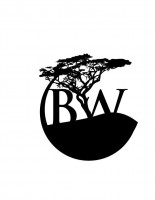


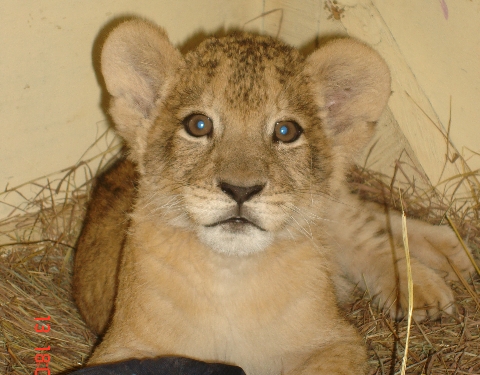
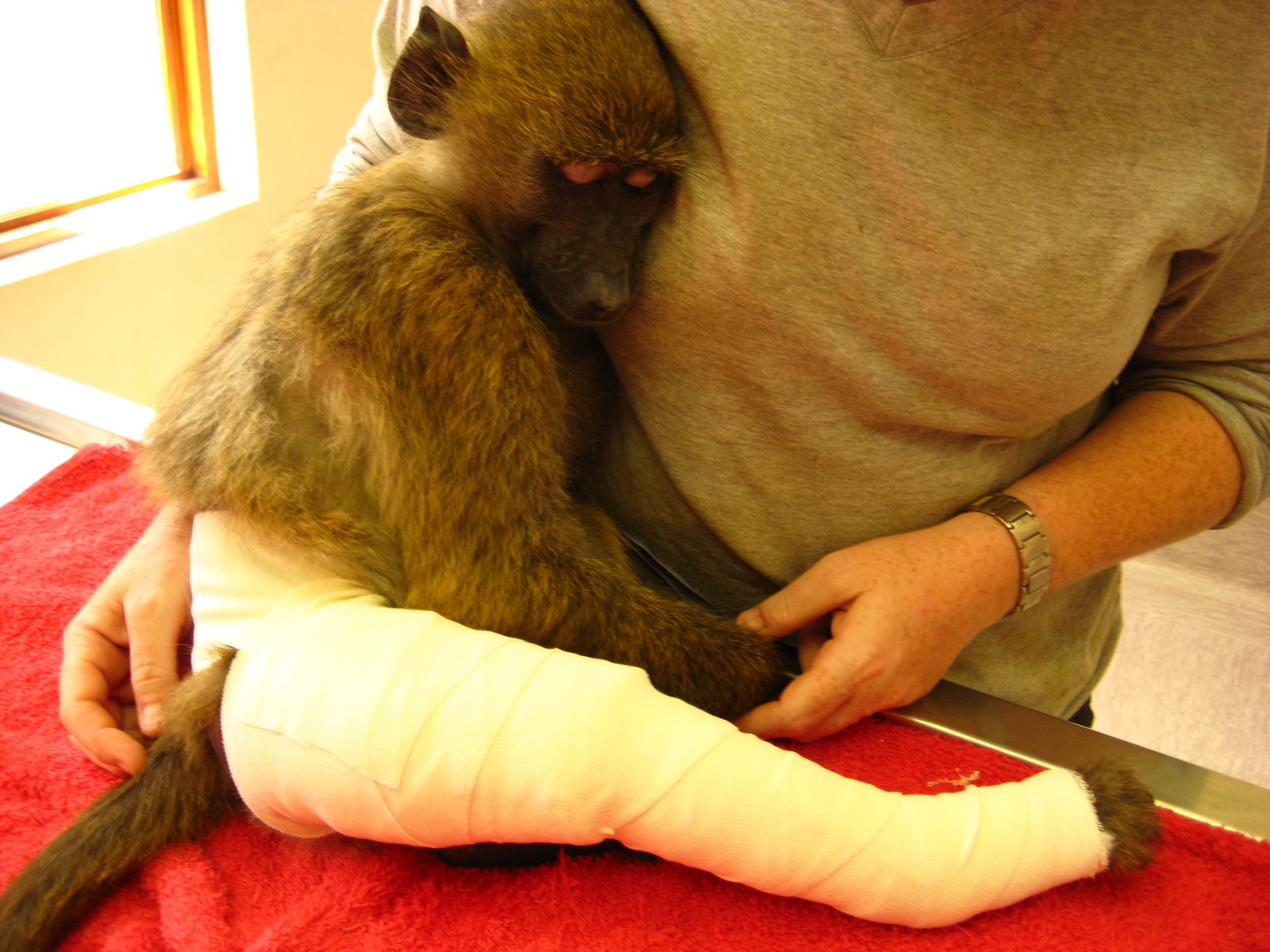
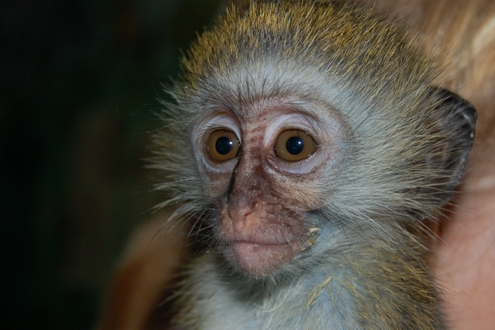
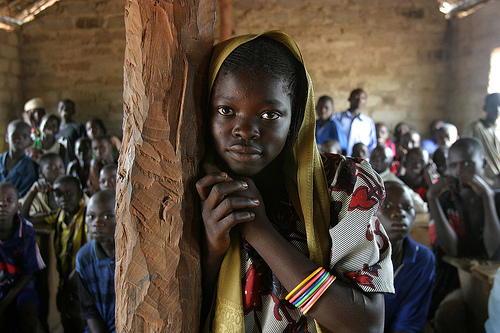
I think projects like this are the only way to combat poaching. Unless there is close collaboration with the local communities the best efforts will never work, certainly not long term